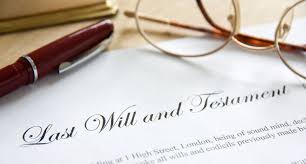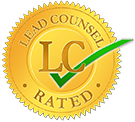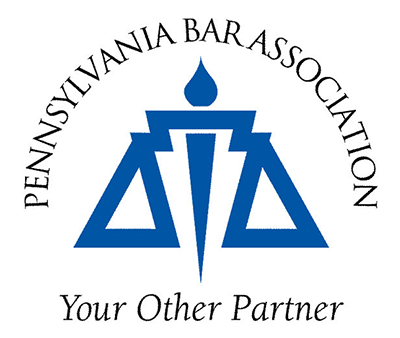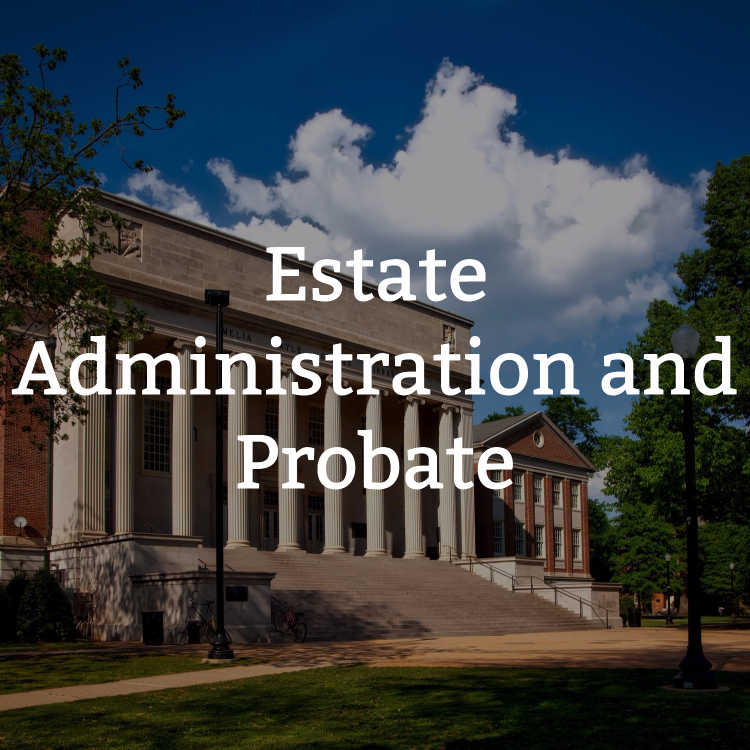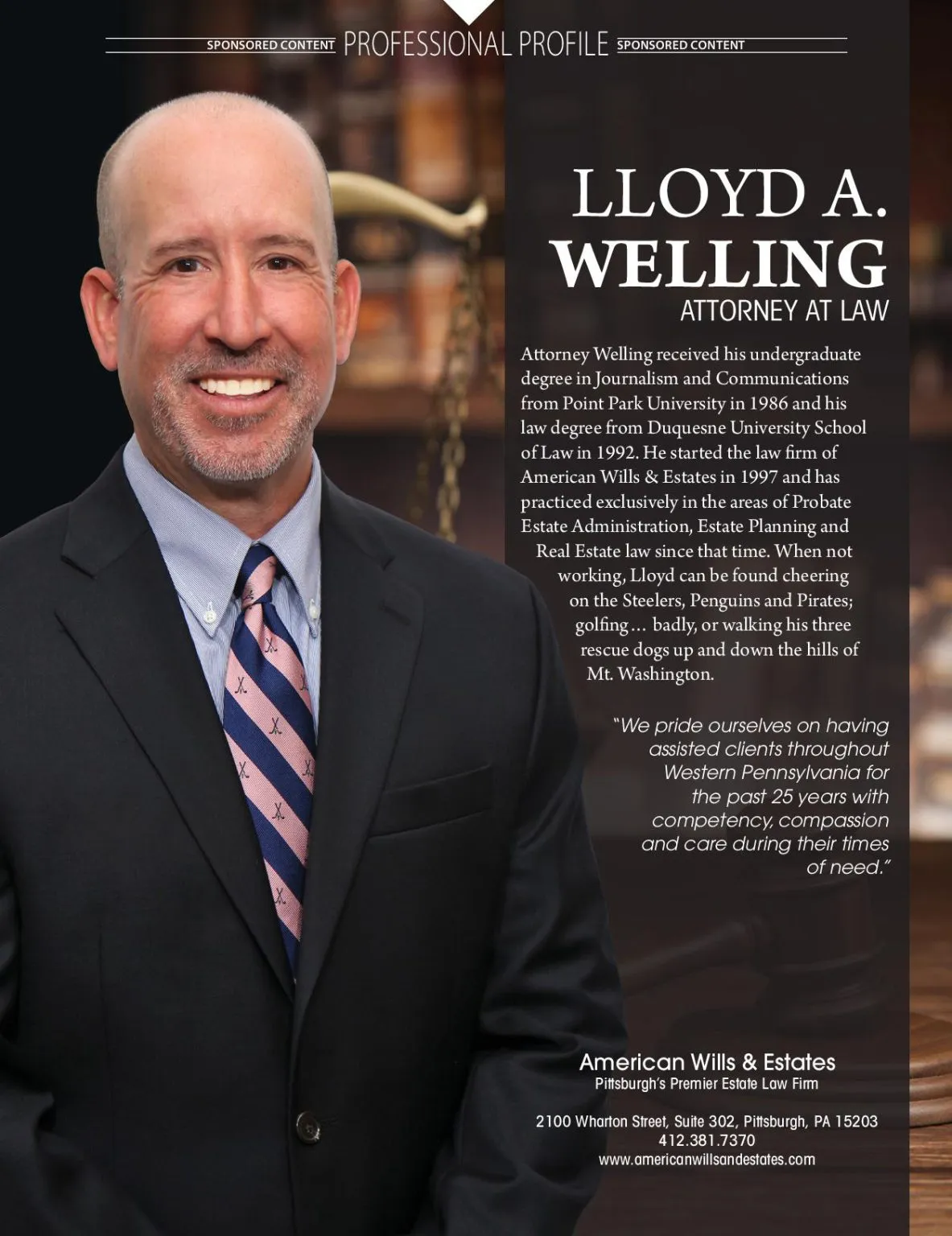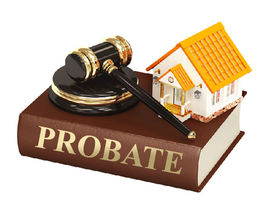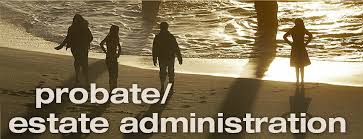A Deceased Person’s Power of Attorney is No Longer Valid
People often confuse the fact that, if they were the deceased person’s agent under a Durable Power of Attorney while he or she was still alive, they can then use that same authority to go forward with the administration of the individual’s estate. But beware, that document becomes null and void after a person’s death. The authority to act on behalf of the estate is granted either by the person’s Last Will and Testament or by statutory law if there is no Will.
The Decedent’s Assets Need to be Located and Secured
If you’ve been named as the Executor of a loved one’s estate, your first and foremost job is to find, secure and protect the estate assets. Following a death, bad things can happen if the decedent’s assets fall into the wrong hands. Before any money or tangible personal property is distributed, make sure that you have compiled a thorough and detailed list of all of the assets. Remember, it’s generally pretty hard to recover things once they have been taken or given away.
The Estate May Have to be Formally Probated
Folks often think that, if their loved one didn’t have a lot of money, no formal administrative process is required. While this can be true in some circumstances, it certainly is not always the case. If the decedent’s assets are divvied up and distributed informally, it can lead to problems should creditors start to come out of the woodwork looking to have their claims paid. It’s best to seek out the advice of an experienced estate attorney before you start to distribute anything.
Determine if the Decedent had a Will
Obviously, this is always the starting point to the estate administration process. If no original Will can be found, a copy of the document may suffice in certain situations. If neither the original nor a copy can be located, the estate will have to be opened and proceed based on the statutory laws of the state in which the decedent resided at the time of his or her death.
Debts and Taxes are the Responsibility of the Estate
Debts and taxes owed by the decedent are obligations of the estate. They are not the responsibility of the individual heirs or beneficiaries. If there are more debts than assets in the estate, the heirs and beneficiaries are not responsible for the payment of same. Remember this, don’t start paying creditors immediately. Creditors are paid in an order of priority which is determined by statutory law based on the type of debt in question.
Creditors Can Petition to Have an Estate Opened
Avoiding opening an estate in an attempt to make the claims of potential creditors go away typically won’t work. If the family members stall in opening the estate for a long enough period of time in an attempt to avoid the debts, creditors can petition the court to open the probate estate themselves. When this occurs, the courts will typically appoint an independent third party to oversee the administration of the estate.
Notify All Parties that May Have an Interest in the Estate
Obviously you’re going to want to notify the heirs and beneficiaries of a loved one’s estate, but you’ll also want to take steps to notify creditors, government agencies (Social Security), utility companies and any other person or party which may have an interest in the estate. Taking such steps will go a long way toward ensuring that the administration process goes smoothly and amicably.
Order Enough Death Certificates
I am constantly being asked by my clients, “how many death certificates should I order.” There is no perfect answer to this question. The larger the estate and the more assets that will need to be collected and marshaled, the more certificates you’ll likely need. As a rule of thumb, get at least 10 at a minimum and 15 to 20 is probably a better idea. Remember, you can always get more if you run out.
Determine the Status of the Decedent’s Current Federal and State Income Tax Liability
If the decedent had an accountant, bookkeeper or other type of tax preparation service handling their annual income tax returns, you’re probably going to want to meet with that person or service to determine the current status of the decedent’s tax liability. On the other hand, if the decedent handled their own returns, you are going to want to try to locate copies of the last couple of years of returns and take them to a tax professional to have the current tax situation assessed.
Keep the Lines of Communication Open
This is by far the most important thing an Executor can do. Nothing causes more problems in the timely administration of an estate than when the heirs and beneficiaries start to feel like they’re being kept in the dark. A failure to communicate regularly with all of the parties who may have an interest in the estate leads not only to hard feelings, but also to suspicion, resentment and distrust. The absolute best way to avoid costly and unnecessary estate litigation is to make sure that everyone is regularly kept up-to-date throughout the administrative process.
Attorney Welling received his law degree from Duquesne University School of Law in 1992. He started the law firm of American Wills & Estates in 1997 and has practiced exclusively in the areas of Probate Estate Administration, Estate Planning and Real Estate law since that time.

